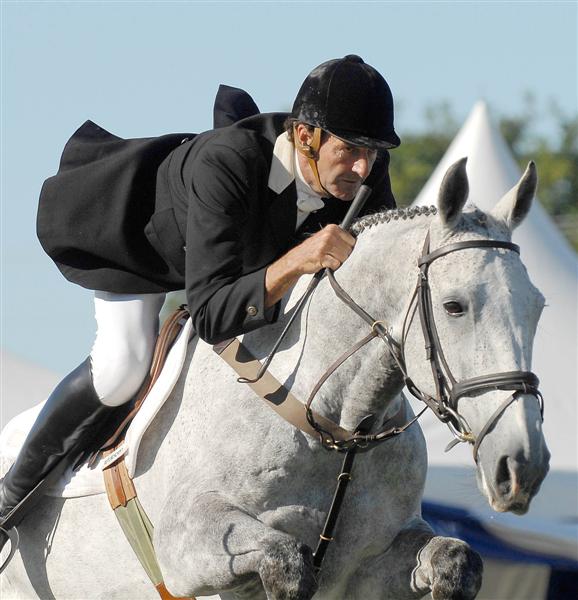1.) Politics and political problems are a subject for adults to deal with.
I agree because children shouldn't be expected to understand or get involved in issues like that, which won't concern them for many years. Yes I think that children should be aware of what is going on because that makes them more knowledgeable. However, adults have studied politics and political problems for years, that's what they wanted to become a part of. A child doesn't know what they want to study or become yet, and asking them to understand and express their opinions on a subject that not even some adults understand is just not very fair!
2.) All stories can have a happy ending if those involved work towards it
I disagree because not all situations have a happy ending. Yes, you can try and make light of it in certain circumstances but in many cases you can't make the situation happy. For instance, if someone dies, how can you make a happy ending out of that? Unless you were extremely mean and wanted them to die, it's just impossible to be happy about it. It is possible to make the situation better by maybe comforting each other and looking back on good times, but a happy ending, no way!
3.) Literacy (being able to read) is a form of freedom
I agree because if you read and write, you are able to voice your opinions and say what you feel or want to. It is an even bigger form of freedom in a situation like if you moved country, for example. Let's say I moved to France, if I can speak French and write it then it would really benefit me in terms of being able to say what I needed to or wanted to in a situation like in a supermarket and being able to write down what was necessary. In terms of reading, well that would be very important because I would be able to read signs on the motorway or even a menu in a restaurant. So, yes I think literacy is a form of freedom.
4.) Civilizations without a written language cannot document history
I disagree because in the past civilizations have used cave paintings to document history, which we have discovered and been able to learn about their civilization from them. Cave paintings were first started during the Upper Palaeolithic period , which was 40,000 to 10,000 BC. From these cave paintings archaeologists have found out when they were first started and during what period. In modern times we do use written languages to record things, but it is possible to record history in other ways!
Wednesday, October 1, 2008
Subscribe to:
Post Comments (Atom)


No comments:
Post a Comment